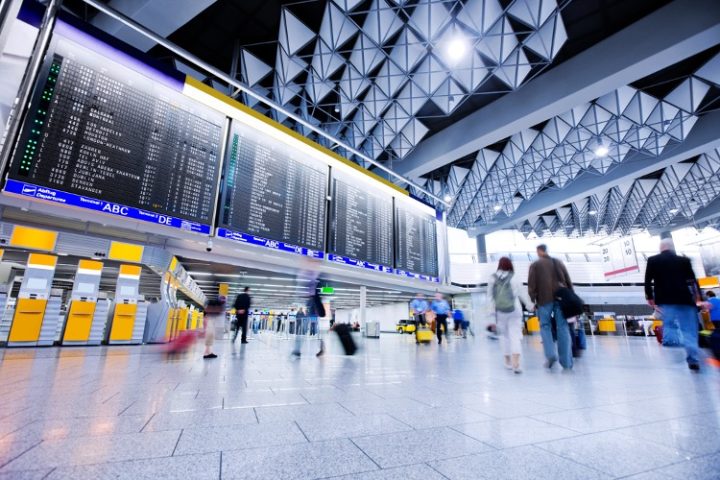
The German government has substantially raised airline levies in a move meant to close gaps in government funding. The 19-percent increase means that consumers will need to pay an extra €15.53 ($16.70) to €70.83 ($76.30) on fares, depending on the destination.
While the government refers to the tax hike as “climate friendly,” industry insiders are warning that the new taxes will make it far more difficult to meet its net zero commitments. Referring to the new tax as a “money grab” they warn that the new taxes will make it more difficult for airlines to invest in more sustainable aviation fuels.
On LinkedIn, Rafael Schvartzman of the International Air Transport Association (IATA) warned, “The recent increase in aviation taxes in Germany not only challenges Germany’s competitive position, but it also jeopardizes key economic drivers such as exports, tourism, and employment opportunities. Furthermore, this hike will most likely hinder the industry’s decarbonization efforts.”
IATA’s General Director Willie Walsh was even more critical, suggesting that Germany was prioritizing a short-term cash grab at the risk of long-term growth.
“When Germany’s economic performance is anemic at best, denting its competitiveness with more taxes on aviation is policy madness,” Walsh said. “The government should be prioritizing measures to improve Germany’s competitive position and encouraging trade and travel. Instead, they have gone for a short-term cash-grab which can only damage the economy’s long-term growth.”
The German Aviation Association (BDL) and the the Board of Airline Representatives in Germany (BARIG), two national airline groups, suggest that the tax is actually closer to 25 percent and claim that it will further hinder the industry’s comeback from Covid-19. Germany’s economy has lagged behind other European economies post Covid.
BDL demands that revenues gained from the tax be used on climate-friendly aviation fuels.
“We demand that the federal government use the high billions in revenue from the aviation tax, as announced in the coalition agreement, to promote a competitively neutral market ramp-up for sustainable aviation fuels,” said BDL president Jost Lammers.
According to Walsh, the German government has “an unhealthy obsession with aviation taxes,” and he claims that consumers agree.
“Our survey of air travelers in Germany shows deep skepticism about government claims for ‘green taxes’. 75 percent agreed with the statement ‘taxation is not the way to make aviation sustainable’ and 72 percent agreed that ‘green taxes are just government greenwashing.'”
“Time and again, we see taxation that was supposed to help the industry decarbonize be stolen and then lost in the general budget. And money taken out of the industry means that it has less money to invest in other decarbonization measures.”
So-called Net Zero is law in Germany. However, the Federal Environment Agency (UBA) reports that the nation is unlikely to meet its goal of cutting greenhouse-gas emissions by 65 percent by 2030, which makes their ultimate goal of being net-zero by 2045 seem improbable.
Germany is seen by the international community as a leader in the green movement, and it offers a glimpse into what the movement proposes to do going forward. It seeks to raise taxes until aviation becomes unaffordable to all but the rich, and seeks to restrict freedom of movement for the masses unless they’re illegal immigrants.



